The Holy Roman Empire was basically German not Roman but close enough to fit into the Roamin' Ruins theme.
Munich was a drop-in on the way home from Croatia - one afternoon through half of the following day. So, no great insights or broadsweep of photos to be found here. However "you only get one chance to make a first impression" so our perceptions of Germany are now firmly if unfairly in place.

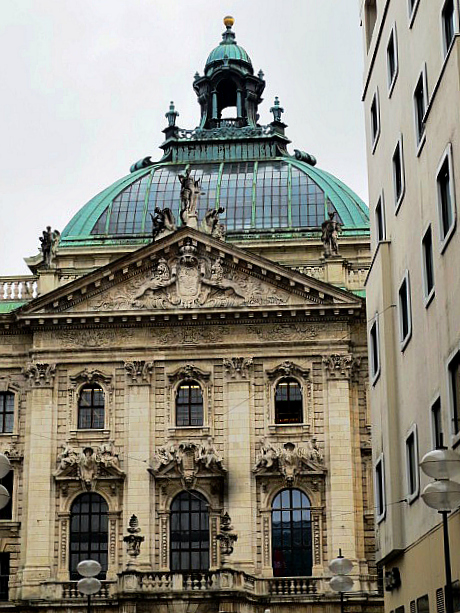
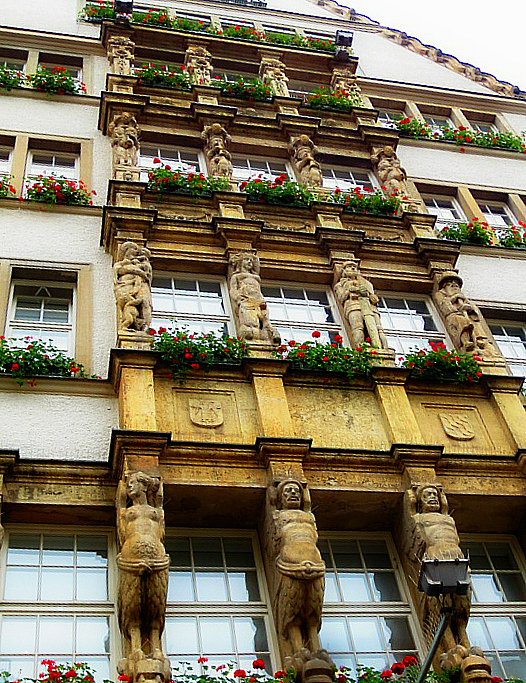
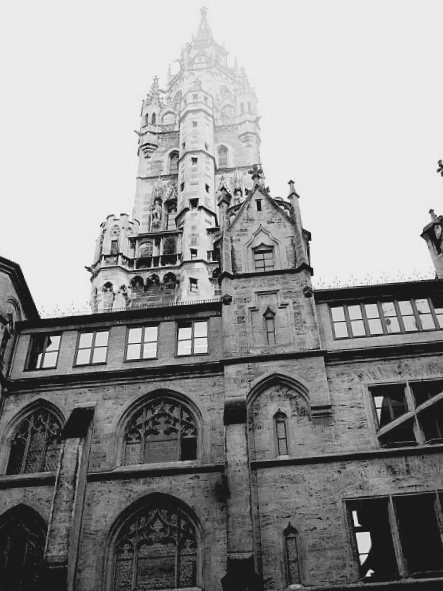
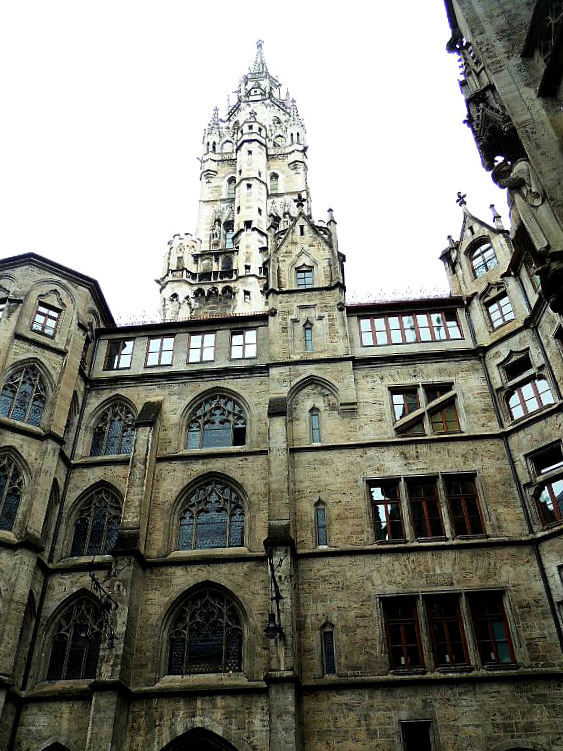
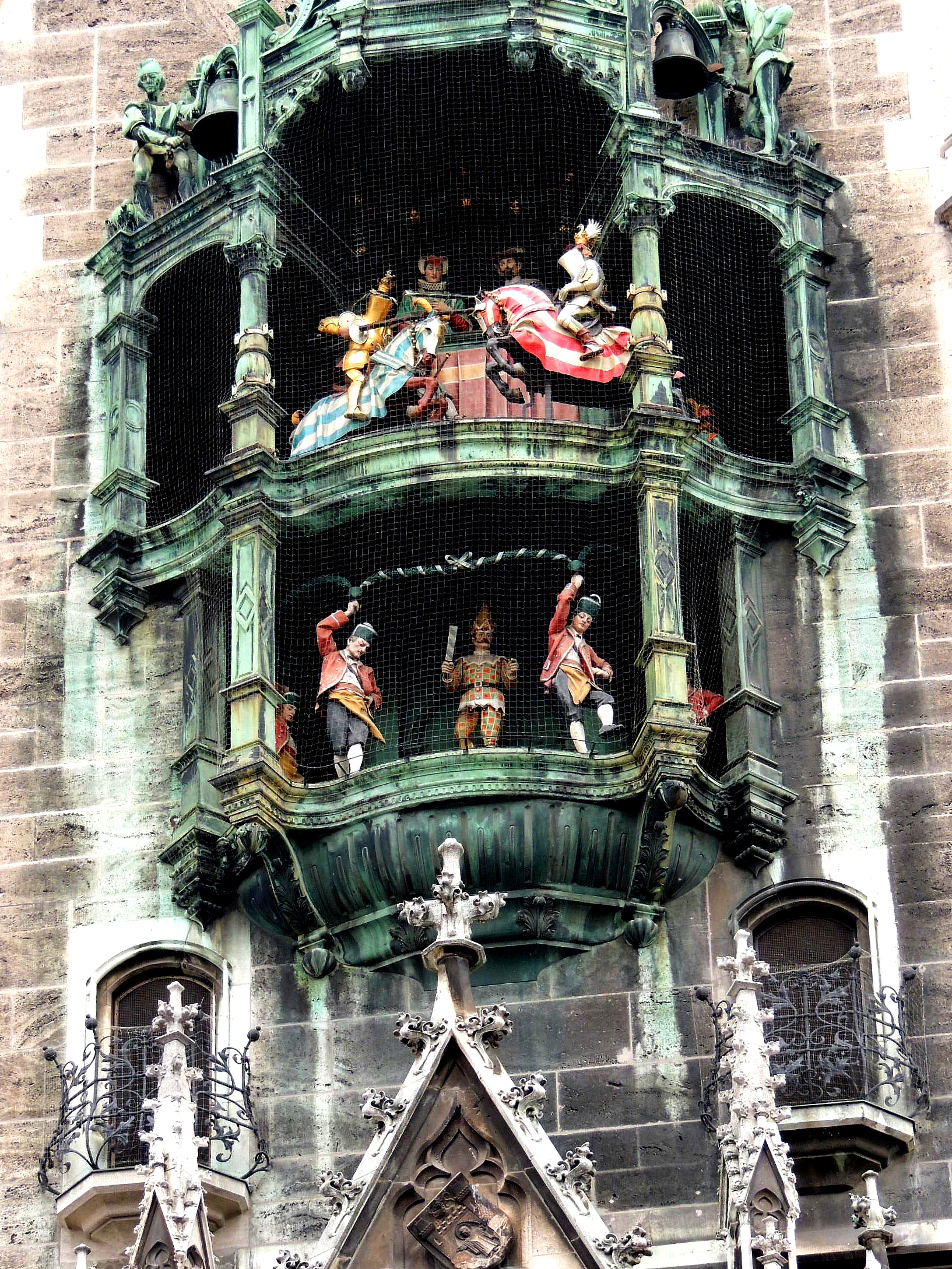
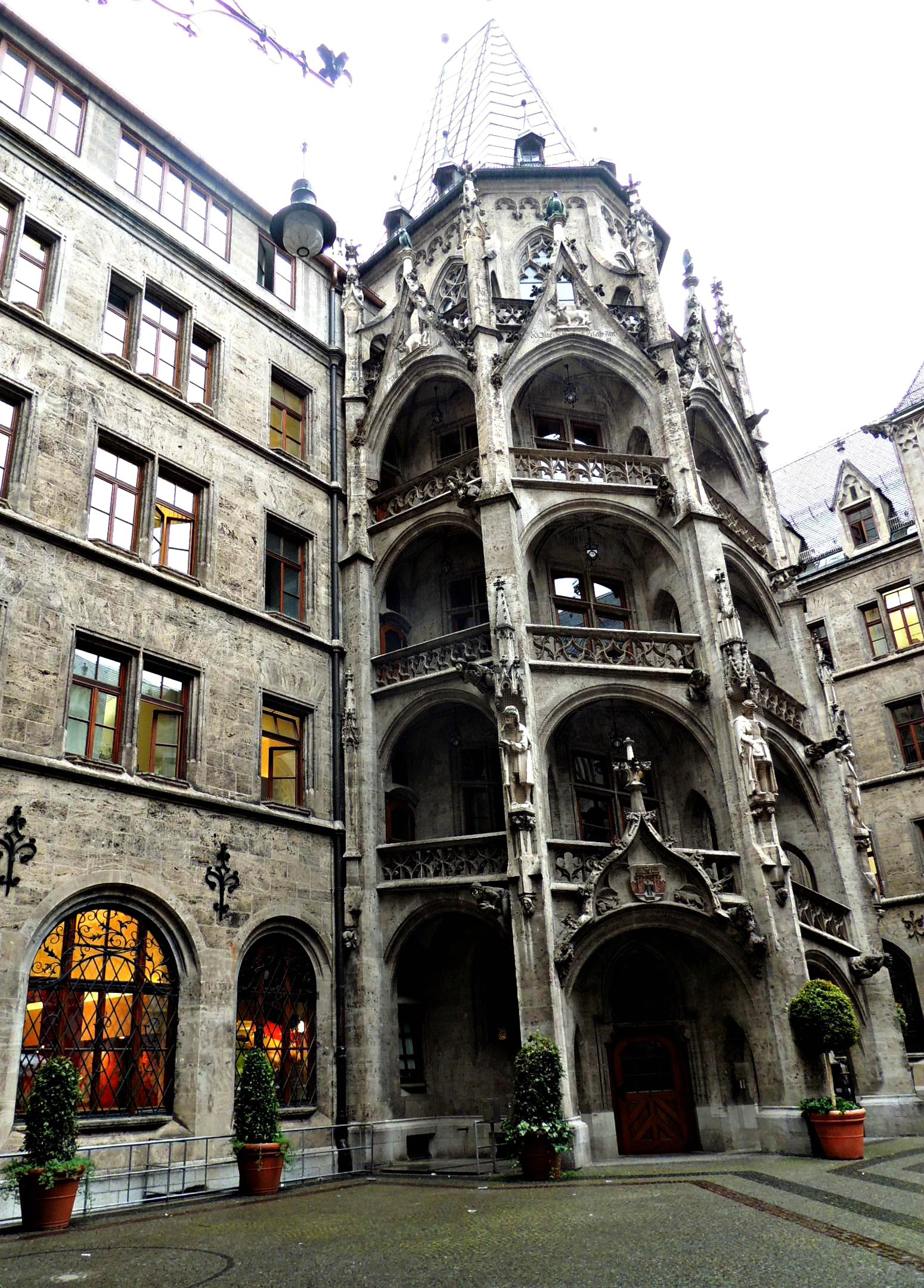
Travel notes
- German efficiency. It may be stereotypical, but from this experience it holds up. Airport, train and hotel - all efficient.
- Countryside - from the air and from the train. Flat (despite the nearby Bavarian Alps), neat and ordered. Small pockets of subdued forest amongst farms and fields, pretty, whitewashed and largish farmhouses and outbuildings. All very tidy and shipshape.
- Brunhildas - two no-nonsense, plain-clothed ticket inspectors on the train. Do NOT fare evade in Germany.
- Uniformed officials. My Zippo lighter got confiscated at the airport on departure. (My disposable lighter was OK. Go figure!) I shrugged and handed it over. Whereas in Egypt when I got challenged for the same thing I refused to surrender it, the guy conceded and let me keep it. Crisply uniformed, straight-backed German women are scarier than scruffily-uniformed, unshaven Egyptian men who look like extras from a spaghetti western.
- First impression of Munich. Not positive at all. Munich Central station is monolithically impressive but was undergoing renovations at the time, and all of the associated hoardings and safety barriers were ramshakle and improvised, and the weather was grey and dismal. The Munchen Deutscher Kaiser Hotel (how frikkin' Germanic a name is that?), right across the road from the station has its entrance between those of a down-market casino and a strip club with many of the pavement lurkees looking like the patrons of such establishments should look - shifty and unkempt. After a month of living out of luggage I blended right in when strolling outside to top up my nicotine level. Speaking of which - ankle-deep cigarette butts. In Germany? Who'd a-thought!
- Revised impressions of Munich. Much improved, via voluminous beers, humungous pretzels, generous schnitzel in a big, busy, tree-covered beer garden next to a large table of equally large, jolly, trim-whiskered mein herren in the full-on regalia of tight short-shorts (the hotel had a ballroom, these guys had none), braces and feathered cap.
- Next a.m. - der strollin' unt der ramblin' several blocks to the Marienplatz in the centre of the city - foregoing the trams despite the damp and cold given there was no-one around. Industrious Germans? Where were they?
- Old Munich is impressive in scale and style, albeit interspersed with commercial modernity given the destruction wrought on the older city by allied bombing in WW2. The Rathaus-Glockenspiel in the gothic tower of the new city hall (new in 1867) is an eye-catcher. Crowds build up and fill the square in preparation for its 11:00, 12:00 and 5:00 mechanised re-enactments of a marriage and a joust. I can see the connection, even without narration. There is discrete but undisguised access to the tower housing the Glockenspiel, spotted by Bruce, so up he and I went to the columned viewing area near the top. Hardly another soul up there.
- With limited time in Munich the Marienpltaz and nearby Viktualienmarkt are good options for a look.
Interesting facts, beer and nazis
- Munchen (Home of the Monks) traces its origins to a Benedictine monastery founded about 750AD.
- Beer is officially considered a food in Bavaria.
- There are six major breweries in Munich: Augustiner Brau, Hofbrau, Lowenbrau, Hacker-Pschorr Brau, Spaten-Franziskaner Brau and Paulaner Brauerei.
- The Oktoberfest is held mostly in September.
- There are over 60 beer gardens in Munich. OK, there'd be many hundreds of them in Sydney, but by Beer Garden the Germans mean "huge", not a yard out the back of a pub.
- In 1516, the city adopted the Bavarian Beer Purity Law that later helped confirm its role as beer capital of the world and the first law in Europe to regulate the production of any food or beverage by setting minimum standards for quality and cleanliness in production.
- In 1327 most of the city was destroyed by a fire. Another devastating fire destroyed parts of the city in 1429.
- 80% of the old town centre was destroyed by allied bombing in World War Two.
- In 1285 150 of Munich's Jews, accused of the murder of a small Catholic child, were burned alive inside their synagogue, which was, at the time, just behind the present-day location of the Neues Rathaus (New Town Hall). Pogroms were repeated throughout the rest of the Middle Ages, and in 1442, the Jews were banished from Munich altogether
- The city become a Nazi stronghold when the Nazis took power in Germany in 1933.
- The Nazis created the first concentration camp at Dachau, 10 miles north west of the city.
- Beerhalls where Hitler spoke, the Hofbraukeller, the Hofbrauhaus and the Lowenbraukeller are still there.
- One of the examples of Nazi architecture in Munchen is the Haus der Deutschen Kunst. I don't speak German but that seems like an appropriate name to me.

 ,
, ,
, ,
, ,
, ,
, ,
, ,
, ,
, ,
, ,
, ,
, ,
, ,
, ,
, ,
, ,
, ,
, ,
,